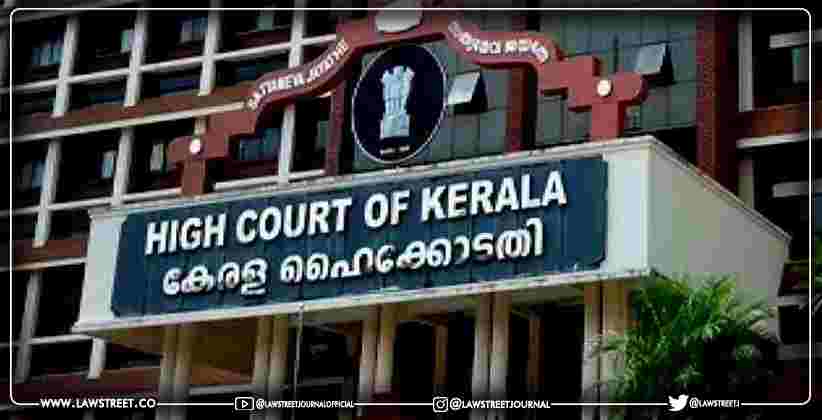The Kerala High Court recently ruled that, criminal proceedings cannot be initiated against a public servant under the Prevention of Corruption Act merely for passing a wrong order without any material or demonstrate that such order was deliberately passed by him for extraneous considerations or on oblique motives.
The plea was filed by P Sunil Kumar, the then Tahsildar of Udumbanchola, seeks to quash an FIR filed against him for passing an order unfavorable to the government. The said FIR alleged that the petitioner was actuated by extraneous considerations in passing it.
The question that came up in the court was whether a public servant, who acts as quasi-judicial authority under a statute, can be held criminally liable under the act for passing a wrong order.
Justice R Narayana while allowing the petition held that dishonest intention on the part of the public servant cannot be presumed to be a reason behind passing a quasi-judicial order in favor of the party. There should be satisfactory material to proceed against the officer. In fact, a bare perusal of section 13(1)(d)(ii) reveals that a public servant can be prosecuted only if he has abused his position and obtained any valuable thing or pecuniary advantage.
However, in the present matter, there was absolutely no allegation that the petitioner deliberately committed misconduct or extraneous considerations, and no discovery of any material disclosing such act during the six year long investigation. On that note, it was observed that, Every error committed by a quasi judicial authority, however gross it may be, should not be attributed to improper motives.
Moreover, if the petitioner has passed a wrong order, it could be corrected by the appellate or revisional forums rather than initiating criminal proceedings. The very purpose of providing such forums was rooted on the presupposition that people may go wrong in decision-making.
Possibility for a set of facts to arrive at a different conclusion is not a ground to indict a public servant for misconduct. If this is encouraged the, officer will be in constant fear of passing an order unfavorable to the government and would not be able to act independently. Therefore erroneous exercise of judicial power would not amount to criminal misconduct.
Considering the Above mentioned aspects, it was held that,
Merely because the order is wrong, it does not warrant initiation of criminal proceedings against the public servant unless he was actuated by extraneous considerations or oblique motives. The remedy for errors committed by a quasi judicial authority is appeal or revision to the forum or authority provided under the statute for the purpose.
Therefore even if the petitioner had passed the alleged order without perusing the previous records or properly asserting the factual position of the matter his act does not attract the offence under section 13 (1)(d)(ii) of the Prevention of Corruption Act.
A Tahsildar while passing orders under section 12 of Kerala Land Conservancy Act acts as a quasi judicial authority.
To come to this observation the court looked into the distinction between a quasi judicial order and an administrative or ministerial order. It was found that if a statutory authority has power to do any act which will prejudicially affect the subject the final determination of that authority is a quasi judicial act.
Moreover the following was observed, When the law requires that an authority before arriving at decision must make an inquiry, such a requirement of law makes the authority a quasi judicial authority. Another test which distinguishes administrative function from quasi judicial function is, the authority who acts quasi judicially is required to act according to the rules, whereas the authority which acts administratively is dictated by the policy and expediency.
Under the said act, an inquiry is contemplated before passing an order. The Tahsildar has to act judicially in taking a decision in the matter before him. Therefore, the petitioner is a quasi judicial authority in the present case.
FIR must disclose commission of a cognizable offence before commencement of investigation
The police can only conduct investigation when they have sufficient reason to suspect the commission of a cognizable offence in a matter, and such offence should be prima facie disclosed in the FIR. Admittedly, the court has no power to stop the investigation if this condition is fulfilled.
However, the court is justified to quash an investigation if the FIR does not disclose the commission of such an offence. It is not rational to put an innocent person through harassment by the process of investigation. In the present matter, the court observed that the affair did not disclose any offence against the petitioner. Consequently, the single bench quashed the FIR while allowing the petition.






